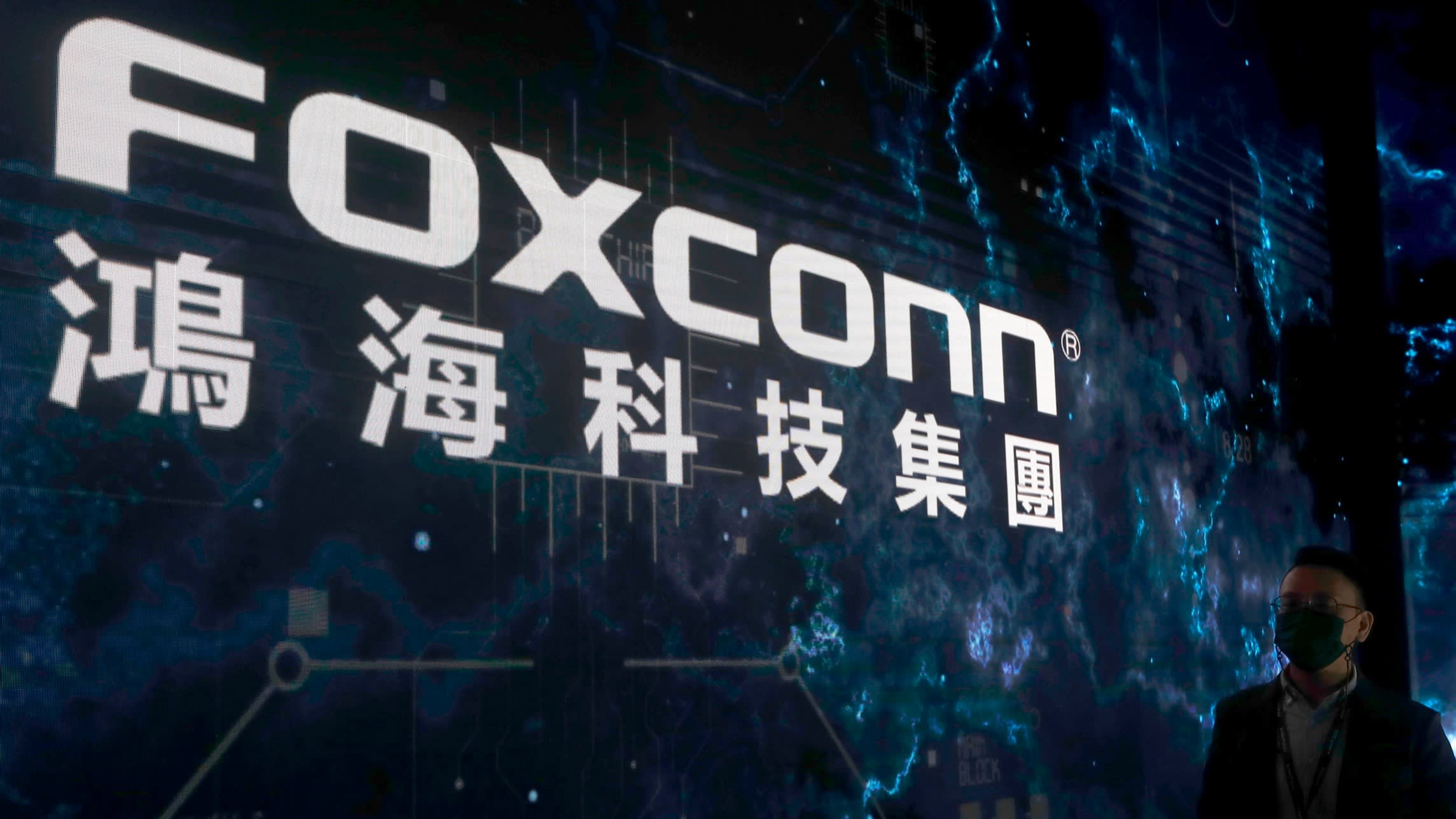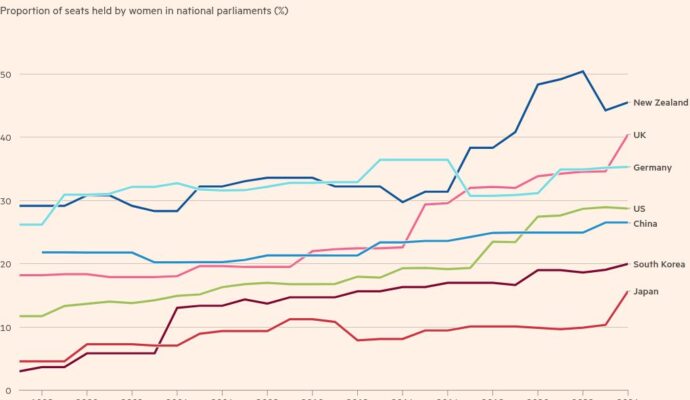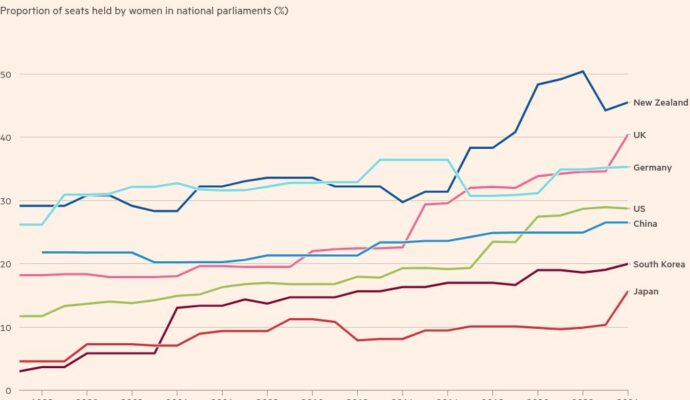
Sharp’s largest shareholder Foxconn has said it will push for management changes if the Japanese electronics maker fails to provide a satisfactory explanation for a big writedown that blasted a hole in the Taiwanese contract manufacturer’s quarterly profits.
The threat from the iPhonemaker over a ¥220bn ($1.63bn) impairment loss — as Sharp on Thursday wrote down the value of its display businesses in Japan and other manufacturing facilities globally — is likely to underline Japanese companies’ fears over the risks of foreign ownership.
Foxconn reported a 56 per cent drop in net profit to NT$12.8bn ($416mn) for the first quarter on Thursday, which Apple’s largest manufacturing partner said was mainly because of a NT$17.3bn investment loss from Sharp’s writedown.
“Although our operating income and gross margin both increased, our net profit fell because of [Sharp’s writedown],” said David Huang, chief financial officer. Sharp had blamed decreased profitability for the impairment charges, but Huang added: “We will ask for an explanation from Sharp, and if needed, demand an adjustment of Sharp management in the interest of our shareholders.”
Foxconn acquired its stake in the company in 2016. Hon Hai Precision Industry, the group’s Taipei-listed flagship, and a subsidiary own a combined 34.14 per cent share. Together with a 13.23 per cent stake held by the personal investment vehicle of Foxconn founder Terry Gou and a 9.96 per cent share owned by an electronics component maker in which Hon Hai is a minority shareholder, the group could command a majority in a shareholder vote.
Foxconn’s first-quarter numbers sharply missed expectations, with analysts polled by Reuters forecasting NT$29.2bn in net profit. Operating income was up 11 per cent compared with the same period a year earlier, with revenues up 4 per cent to NT$1.46tn — a new record for a first quarter.
Soft demand in Foxconn’s traditional business of assembling smartphones, servers, laptops and other electronics gadgets drove chair Young Liu to give a cautious outlook.
He said revenues in the current quarter would contract, according to typical seasonal patterns, while persistent “noises”, such as geopolitical tensions and inflation weighing on the global economy, meant the company was revising its previous expectation that its server business would grow in the full year. He predicted flat revenues instead.
In the electrical vehicle sector, where Foxconn aims to grab a 5 per cent global manufacturing market share by 2025, the company has yet to announce any orders from a big traditional car brand.
“There is internal pushback within traditional carmakers against outsourcing and external alliances, just like there was against outsourcing in the PC industry decades ago,” Liu said. “But we still believe that this is our opportunity.”


